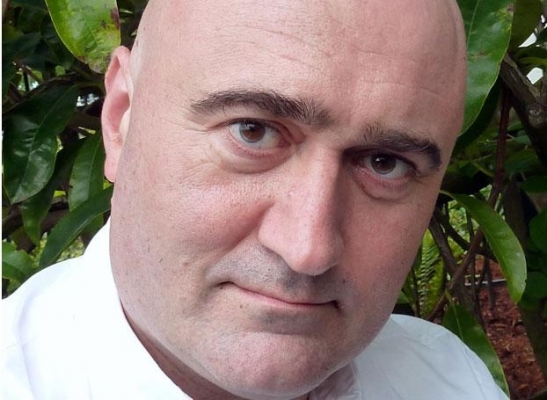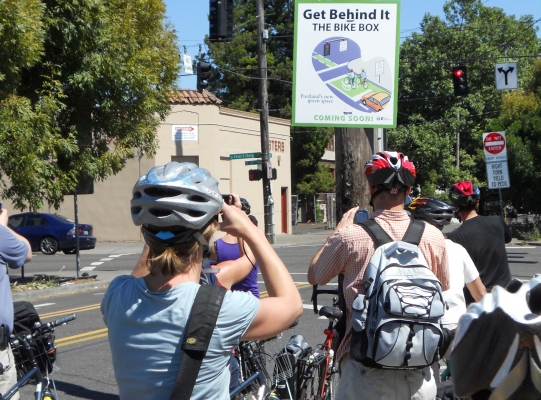Nohad Toulan’s influence on Portland State University and the wider community can be seen not only in the school bearing his name, the Nohad A. Toulan School of Urban Studies and Planning, but also in the holistic approach to transportation research and education that would help cement Portland’s innovative reputation and shape its transportation center, OTREC.
Toulan, emertitus dean of the College of Urban and Public Affairs, and his wife, Dirce, both died Monday. He was 81 and she was 78.
Toulan helped pave the way for the creation of OTREC by stressing the value of human development, said Robert Bertini, OTREC’s founding director. “Our focus on emphasizing people, on building and encouraging the development of faculty, students and collaborators outside the university, that was directly influenced by the atmosphere created by Dean Toulan,” Bertini said.
Portland State’s Urban Plaza embodies Toulan’s vision of an urban university connected with its city. There, the college’s lessons spill out into a vibrant plaza interwoven with transit and the life of Portland.
OTREC’s—and Portland State’s—reputation for multidisciplinary, collaborative transportation research grew thanks in part to Toulan’s efforts. Toulan extended Bertini, an engineering professor, a joint appointment the College of Urban and Public Affairs. “He said, ‘I need an engineer in my college,’” Bertini...
For transit planning expert Jarrett Walker, one of the fundamentals of transit is also one of the hardest points for people to figure out: you can’t make good transit-system decisions from behind the wheel of a car.
“If you’re a habitual motorist, it doesn’t matter how much you support transit, there are certain things about it you’re not likely to get,” Walker said. “One the most basic, if you’re a motorist or a cyclist for that matter, you’re going to appreciate the concept of speed but not the concept of frequency.
“In urban transit, frequency is vastly more important than speed in determining how soon you get where you're going.”
Walker, the author of “Human Transit: How Clearer Thinking About Public Transit Can Enrich Our Communities And Our Lives,” presents his work at three OTREC-sponsored forums in Eugene and Portland May 16-18. Click here for more information on the presentations and Walker.
While driving or cycling faster typically means arriving earlier, slow transit vehicles that run often will get you to your destination sooner than fast, infrequent ones, Walker said. “It’s very difficult to get motorists to understand that importance. I tell them to imagine a gate at the end of your...
Read moreThe Initiative for Bicycle & Pedestrian Innovation at Portland State University hosted a weeklong boot camp on bicycle and pedestrian design geared toward transportation planners, engineers and other public officials.
“There’s a dearth of knowledge among most practitioners,” said IBPI Director Lynn Weigand. “Most engineering and planning curricula don’t include any elements of bicycle and pedestrian planning and design.
“There’s an increased demand for alternatives to make communities safer for biking and walking.”
The intensive course, Aug. 15 to 19, featured classroom sessions, discussions, daily field tours of Portland facilities and project applications. Public- and private-sector experts served as program instructors.
For attendees, the program offered the chance to learn how various active transportation concepts fit together in one community. Tyler Palmer, a division manager with the Moscow, Idaho, public works department, came looking for guidance on his city’s multimodal transportation master plan.
“This is going to be really helpful for us in steering that process,” Palmer said. “It will help give us the tools we need to analyze our system and see what works best.”
Jumping into a master plan without...
Read more

